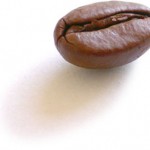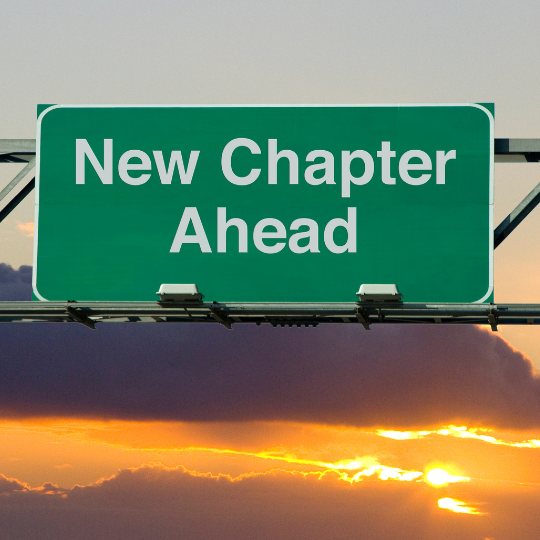Coffee – When To Drink It
 A cup of black, organic coffee without sugar added is a something that some of us appreciate with great verve. There are some potential health benefits to be had from coffee, too, but only when it’s organic and generally when it’s fresh-roasted.
A cup of black, organic coffee without sugar added is a something that some of us appreciate with great verve. There are some potential health benefits to be had from coffee, too, but only when it’s organic and generally when it’s fresh-roasted.
For those who enjoy their cup of joe first thing in the morning, the good news is that this is the best time to have a cup. More importantly, if you’re going to exercise prior to eating, having a couple of cups of coffee an hour before you go out certainly won’t hurt and, in fact, has been shown in at least one study to cut post-workout muscle pain by nearly 50%.
Post-workout is another story, however; caffeine affects muscle similarly to exercise itself, which means that it increases energy expenditure in the muscle while simultaneously suppressing mTOR (mammalian target of rapamycin). mTOR is responsible for increasing protein synthesis in muscle. That means that caffeine inhibits the building of muscle. Muscle-building doesn’t happen during exercise, it happens after you’ve finished.
Post-exercise, we should be gearing our body toward the quickest and most complete recovery session possible. To do that, we need to minimize our carbohydrate intake and ingest easily digested proteins. Drinking fluids to replenish fluid lost through perspiration is also vital, but coffee needs to be avoided. One last point about protein is that it is acidic. That means that after we’ve taken in our protein, we need to balance that out with whole, plant-based foods, which are alkaline.
It’s a part of our food culture to enjoy a coffee after a meal, but this actually is a very bad time to drink it. When you drink coffee, it stimulates the adrenal glands to produce adrenaline. Adrenaline gives us our quick reactions necessary for the fight or flight response. Adrenaline suppresses digestion. Excessive adrenal stimulation can also cause adrenal exhaustion. And that can lead to estrogen dominance by way of the body using progesterone as a replacement for adrenaline.
So, the secret to coffee is to use it sparingly. Mornings prior to exercising and a meal are ideal. After that, non-caffeine herbal teas and water are your best bets.
Enjoy!



Malachi
Interesting fact is that: coffee is acidic for 2 hours and then alkaline for 8.
lynpeel
Thanks Trane for this piece of coffee .. I can identify with your remarks about coffee stimulating the adrenal glands which happened to me recently. Not nice.
Cheers
Lyn
Trane Francks
Hi, Lyn.
It could be that you have a specific metabolic marker that literally slows down caffeine metabolism and lets the caffeine stay in your body longer. About 50% of the population has trouble metabolizing caffeine quickly, and these people are the ones who experience the caffeine buzz the most and for the longest.
lynpeel
thanks for that information .. I had 2 cups of coffee around 10.30 – 11am and was still awake at 4am googling “antidote to adrenaline surges from coffee” .. some people recommended Benadryl .. it took me another 24 hours to get past the adrenaline surges. AND I really like coffee in moderation
Trane Francks
One thing that may help you to enjoy your coffee and reduce the caffeine buzz is to go with darker roasts. The darker the roast, the lower the caffeine content of the bean. Really light roasts pack a kick that can be a real shock for people’s adrenal glands.